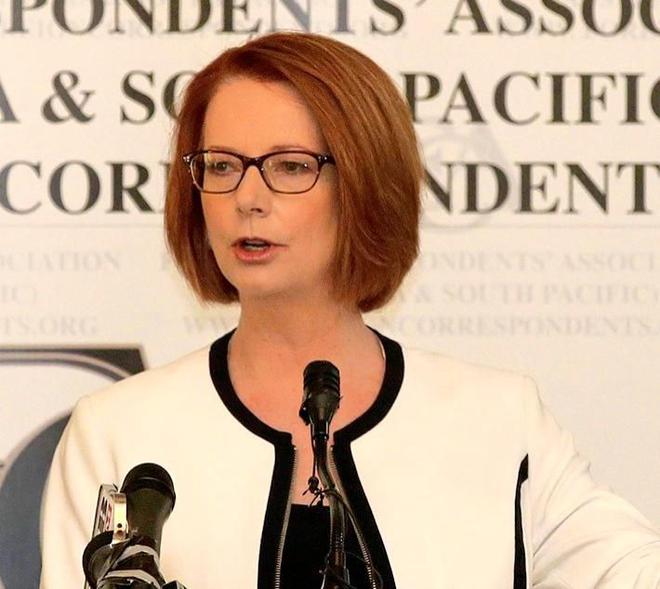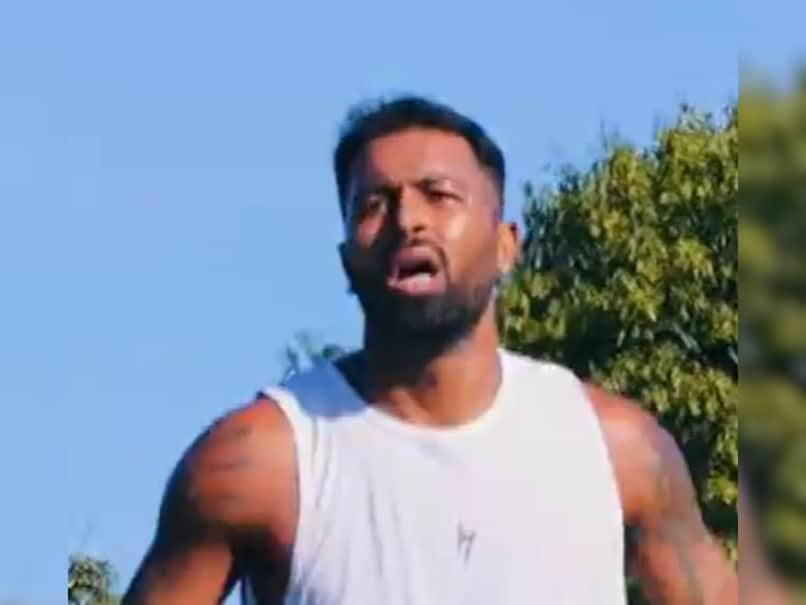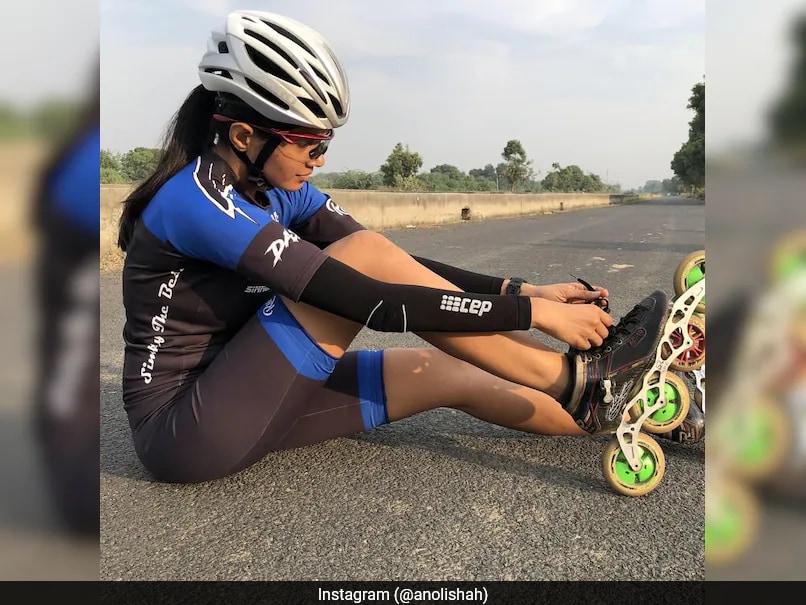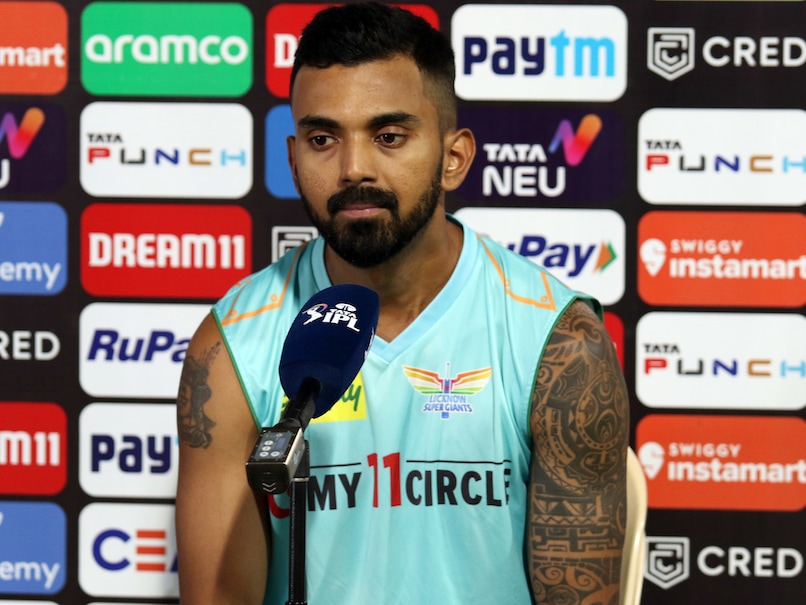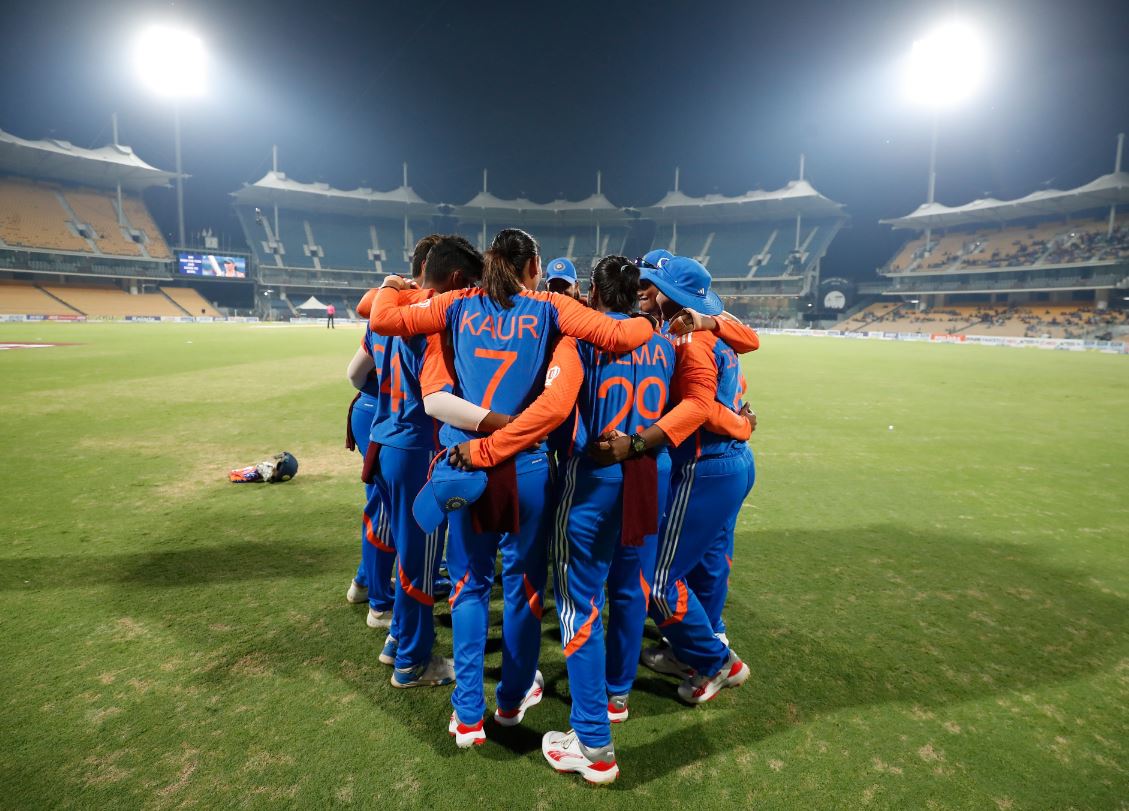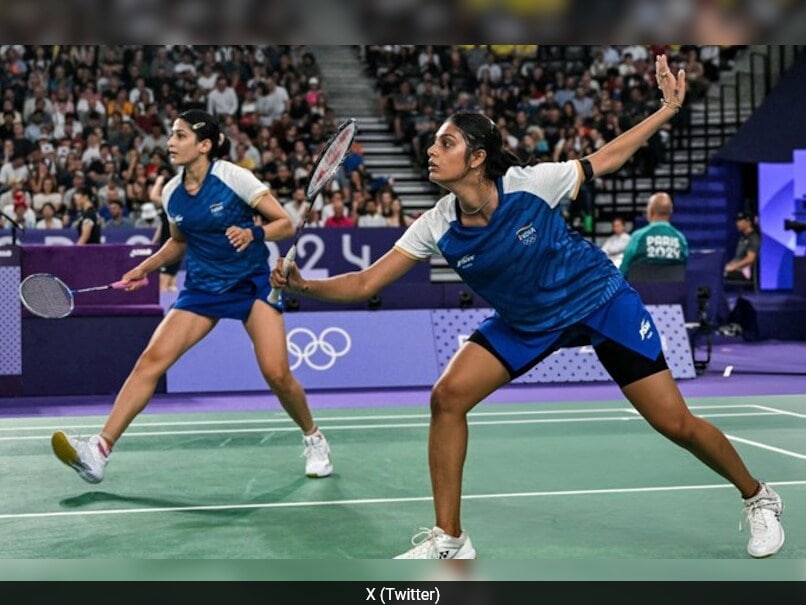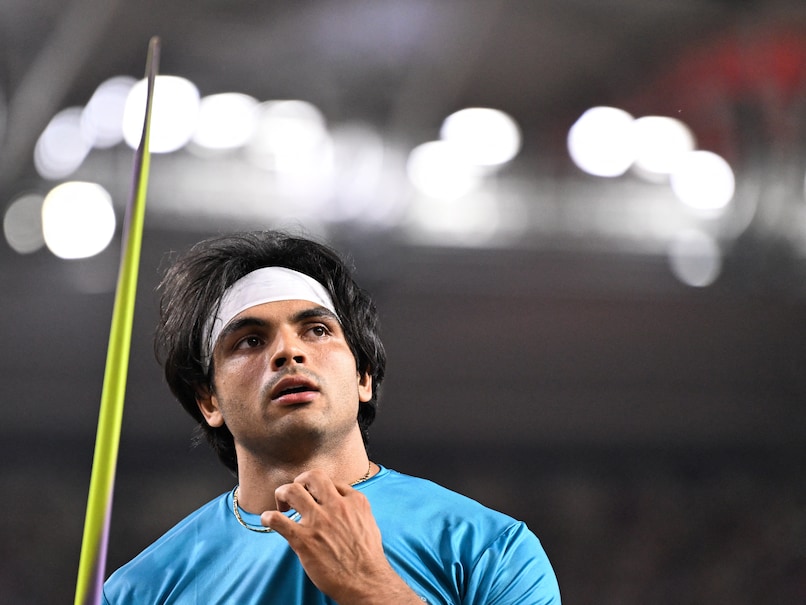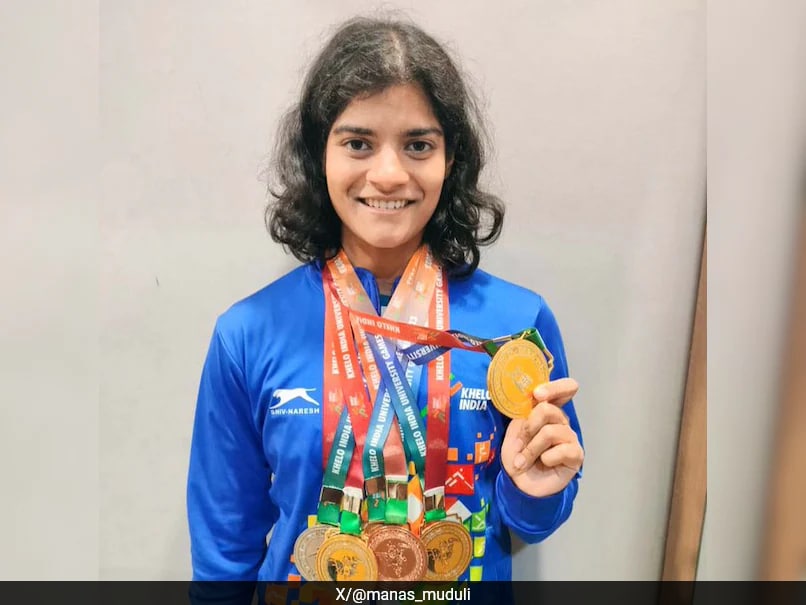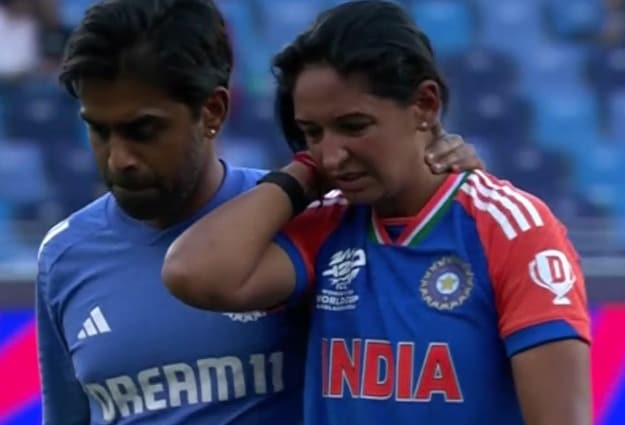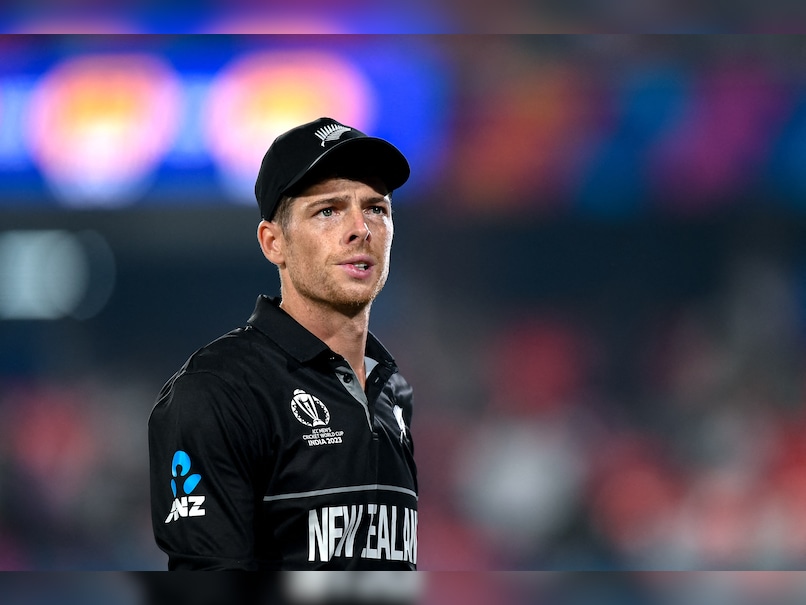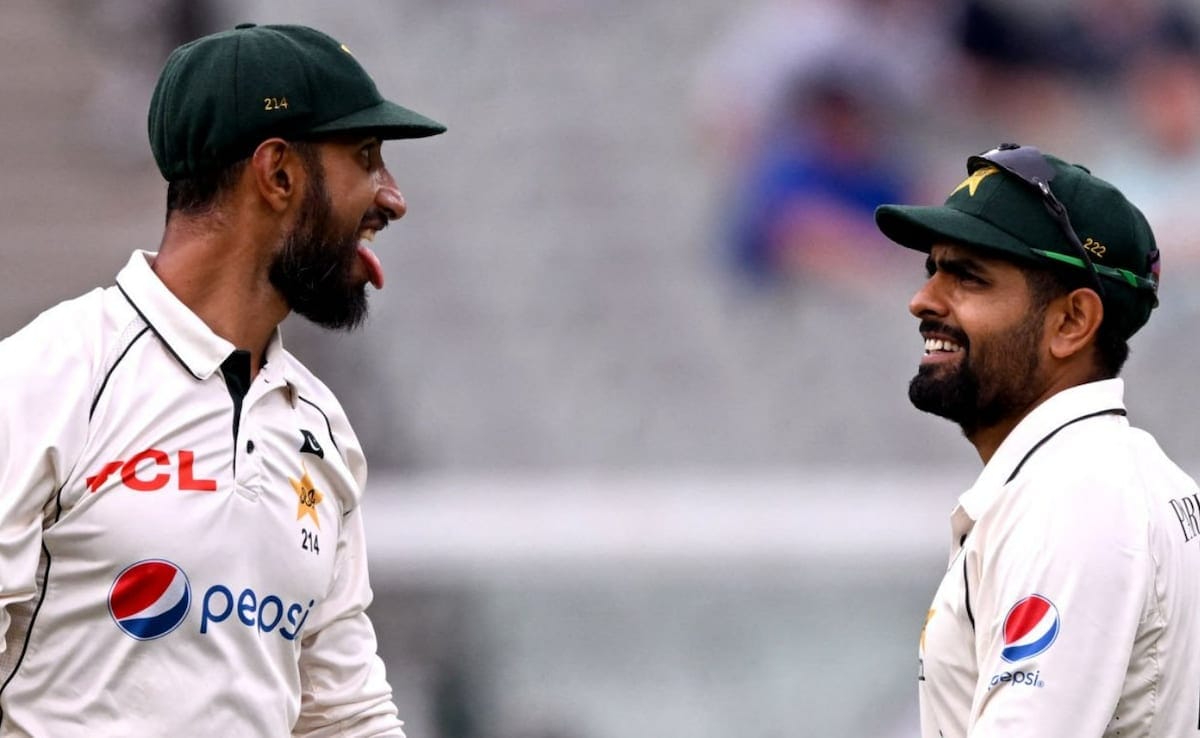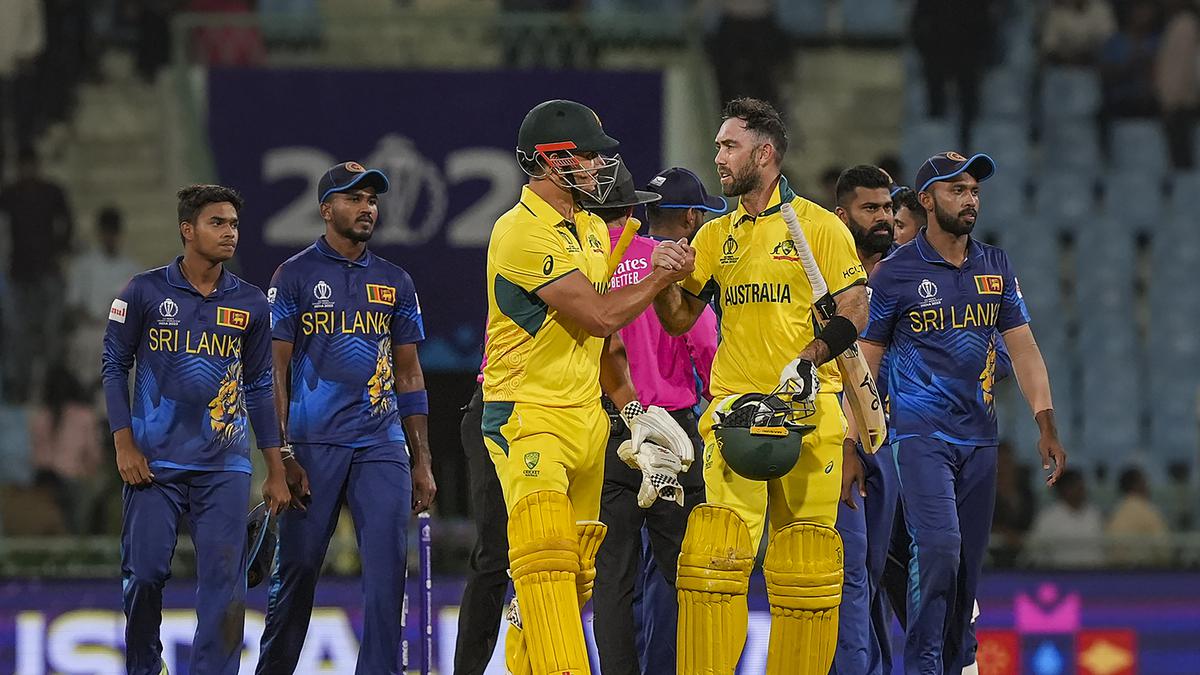India still remains a few steps away from becoming a ‘sporting nation’. While the country remains the financial center for a sport like cricket, other sports have found it difficult to find space. One such sport is skating, and there’s arguably no one better to understand the sport than Gujarat’s Anoli Shah, one of India’s most decorated athletes in the sport, with about 400 national and international medals to her name. The challenges for Shah, however, have been monumental. From fighting personal battles of self-doubts to making a living with the sport, Anoli has had quite a journey.
Q1) About a year ago you said India could be a top skating nation with just 5-10% more effort. Do you think that effort is still missing or has there been a push at some level?
India is a land brimming with untapped potential in sports, and skating is no exception. Although niche sports have taken center-stage in recent years thanks to global exposure and rise of social media, we are still far from the cohesive, nationwide push that’s needed. The effort should therefore not just be about training hard but also about building an ecosystem that nurtures talent from the grassroots.
This involves creating top-notch infrastructure, engaging knowledgeable coaches, and fostering a mindset shift where newer forms of sports are seen as viable and respected career paths for athletes. With incremental changes – be it in policy, sponsorship, or awareness, India has the talent to compete among the world’s best skating nations. However, to truly achieve this we need sustained, collective effort from every stakeholder involved to make this vision a reality.
Q2) I see a lot of kids taking skating classes. Many show interest during the early phases. But that interest doesn’t seem to be converting into the passion that pushes people into pursuing it as a career. Why do you think that is?
This is very true. I do agree with the initial excitement that skating brings often fades because kids and their families don’t see a clear roadmap for turning this passion into a profession. The financial uncertainties and lack of visible role models in sports other than cricket can be disheartening, and we have seen this situation play out over the years. This is where we need more structured support-scholarships, corporate sponsorships, and grassroots programs that provide not just training but also career counseling. Events like Khel Mahotsav, organized by Orchids The International School, are brilliant examples of how exposure and competitive platforms can keep the flame alive for young athletes. By showcasing pathways for success, we can ensure that initial interest evolves into lifelong dedication.
Q3) Starting your journey as a speed skater must’ve had his challenges. From convincing parents, society, to resolving self-doubts. Please take us through this journey.
Embarking on a career in speed skating in India often feels like swimming against the tide. Sports, especially niche ones like skating, aren’t always perceived as viable careers. I was quite fortunate in that aspect since I had parents who believed in me and encouraged my ambitions from day one. Their unwavering support was my foundation, but societal skepticism and infrastructural limitations were constant hurdles that any athlete faces and I was no exception to this.
I’ve personally had to navigate periods of doubt and uncertainty, but these challenges taught me resilience. Now, through my associations with leading educational institutions like Orchids The International School, I’m working to address these very barriers by contributing to curriculum development and appointing expert coaches. By fostering a culture of excellence in skating, I hope to inspire others to pursue their passion, just as I was able to do.
Q4) Even cricketers in India often say that they can’t fully rely on the sport to earn their bread and butter. While there are many success stories in India, as far as sporting careers are concerned, the failures are far too many. We can’t even compare the two. Being in a sport like skating, you would’ve had your doubts too. How do you try to bring balance to this passion vs livelihood equation?
Balancing passion and livelihood has been one of the toughest equations to solve. There were times when I questioned if I could make a living out of skating, given how unconventional it is. But I also realised that my passion was my greatest strength. To ensure financial stability, I pursued an MBA and later a diploma in Nutrition and Fitness Sciences, which allowed me to build a parallel career as a nutrition consultant. This not only complements my sporting journey but also reinforces my commitment to health and fitness. My story is a testament that with the right mindset and planning, you can carve a path where passion and profession coexist.
Q5) Mental health still remains a taboo in India but thankfully we have sports psychologists and mental health experts to help athletes now. How challenging is this topic to you as an athlete? Is help readily available?
It goes without saying that mental health is as critical as physical training for athletes, yet it often doesn’t receive the attention it deserves. As a speed skater, I’ve faced moments of intense self-doubt and pressure. Earlier, mental health resources were scarce, but things are slowly changing. While sports psychologists and mental health professionals are becoming more accessible, there’s still a gap in their reach and affordability. The stigma attached to seeking help also needs to be addressed. I firmly believe that a strong and balanced mind is the foundation of any successful athlete, and it’s very promising to see this awareness growing.
Q6) The pressure of expectations is bound to pull a person down at times. How do you handle low phases in your career?
Low phases are inevitable, but they’ve also been my greatest teachers. This is true of any sportsperson. Whenever I’ve felt the weight of expectations or faced setbacks, I’ve reminded myself of why I started my passion for skating and my hunger for growth. I’ve learned to embrace failure as part of the journey. Whether through mindfulness, speaking with my mentors, or simply refocusing on my goals, I’ve found ways to stay grounded. Every low has fueled my determination to come back stronger and better prepared.
Q7) What would be your message to the 10-year-old Anoli Shah who doesn’t know what sort of challenges she would encounter in her journey to excel as a speed skater?
I’d honestly tell my 10-year-old self to embrace the journey wholeheartedly. The challenges will be real, but they’ll shape you into someone stronger than you can imagine. Don’t let the fear of failure hold you back. Focus on every moment of growth, every small victory, and trust that the setbacks are temporary. Most importantly, always remember why you fell in love with skating in the first place, that pure joy is what will keep you going.
Topics mentioned in this article







